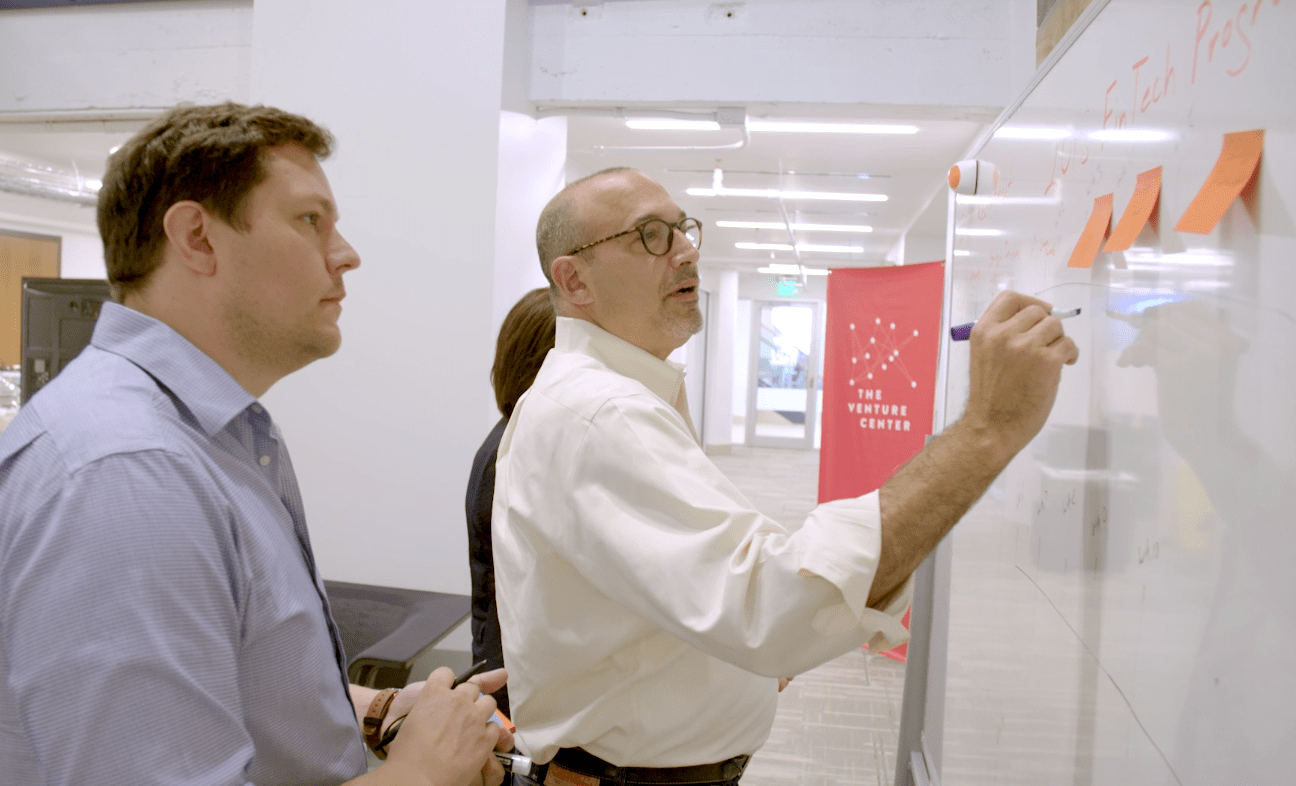Four Things Cities Can Do To Support Startups
February 01, 2018Being startup friendly isn’t limited to major cities like Austin, Chicago, New York, San Jose or Seattle. Some of the best states to do business in have only medium-to-small cities within their borders. With the right mix of infrastructure, committed leaders and a focused plan, many smaller cities are becoming regional hubs for startups of all kinds. Encouraging entrepreneurship is good business, because entrepreneurs play an important role in economic development.
It’s easy to assume entrepreneurs want to be located in a big city on the East or West Coasts, but what seems obvious is not always what’s true. Uday Akkaraju moved his fintech startup, BOND.AI, from New York City to Little Rock. He said, “We need three things: access to capital, access to talent and resources, and a cost effective environment to grow. I was in New York and San Francisco, but in such cities, you get maybe one or two. But I felt in Little Rock, you have all three. We thought this was the perfect combination for us to grow fast, so we moved here.”
Other benefits smaller cities often can tout include quality housing at reasonable prices, short commuting times, and character. Beyond these characteristics, what can cities do, intentionally, to support and encourage startups? It starts with considering what resources technology startups need:
Provide Mentoring Opportunities
A study by Tech Crunch of more than 700 New York City tech firms found that mentoring relationships significantly determined firms’ performance. “Top performers” were defined as firms having met at least one of the following criteria: being acquired for at least $100 million, being within the top 10 percent in terms of equity funding raised, and being within the top 10 percent in terms of the number of employees. They found that firms whose founders were mentored by successful entrepreneurs were more than three times more likely to become top performers than firms without a mentoring relationship.
Mentoring has been absolutely essential for Lauren Stokes, CEO of Lauren James Enterprises, a rapidly growing clothing startup based in Fayetteville, Arkansas. Stokes said, “Successful business people understand the value of fostering new businesses and growth. It’s amazing how willing people are to share how they became successful and how they make their businesses work."
Connect the Startup Scene with Higher Education
Haley Allgood, executive director of Startup Junkie in Fayetteville, Arkansas, says resources from area colleges and universities are important. She said, “They help provide internships to startups and innovation along with a diverse culture and the capital and talent necessary for startups.”
Connections between startups and universities often occur naturally. Matt Francis, founder and president of Ozark Integrated Circuits, said, “We have 11 degrees from Arkansas universities in our key technical staff. It’s extremely important to us in producing our next generation of engineers. We share resources with the universities — they will lease time for us to use their equipment to perform our work. Our goal is to take their research discoveries and make them into commercial products. It’s a natural ecosystem.”
Coordinate Collaboration and Access to Government Support
City leaders can help direct the alignment of public and private sector assistance. Jeff Amerine, the founding principal of Startup Junkie said, “This alignment encourages the entire entrepreneurial ecosystem and tells everyone, ‘We want you to be successful here.’”
When speaking of startup-friendly Fayetteville, Arkansas, Amerine said that while business is competitive, a successful startup community may be collaborative. “There’s something about the DNA here. We hear it all of the time when people come in from other areas. The people here really want to help newcomers, and for them to be successful in new ventures they start.”
Jeston George, founder and CEO of Apptegy, said:
Working with the state agencies in Arkansas has been a great experience for us. We worked with the Arkansas Department of Finance Authority and the Arkansas Economic Development Commission. We participated in a couple of their programs, including the tax credit incentive, and a direct investment through their risk capital matching fund.
Access to the State of Arkansas in the programs has also been easy, because once you get going in the state and are able to show some traction, it’s a close-knit community where you can make connections and get introduced to other programs. That’s what happened for us. In the early days, we got out there with some of the support agencies for entrepreneurs, as well as the state. Once we made a few connections and got traction, it was easy to get the introductions to other organizations and find out about all the programs that are available, and those programs have been helpful in us gaining the traction we need.
Leverage Online Networks
Cities active on social media platforms have the opportunity to promote startups to their local audiences, especially if the startup’s customer base is primarily local. Ribbon cuttings, grand openings and other milestones provide a perfect chance to let residents know about the expanding startup scene, and to show startups the city is invested in their success.
Social media is also a great way to communicate what programs are available to entrepreneurs and startups. The AEDC regularly shares business resources in Arkansas on our profiles to encourage new and existing businesses to learn more about what makes our state and cities so desirable.
Most startup-friendly cities don’t earn the moniker by accident. Intentionality is key for cities to become home to innovation and entrepreneurship. By playing to local strengths and bolstering areas that need improvement, many smaller cities have great potential to become a preferred location for startups.



